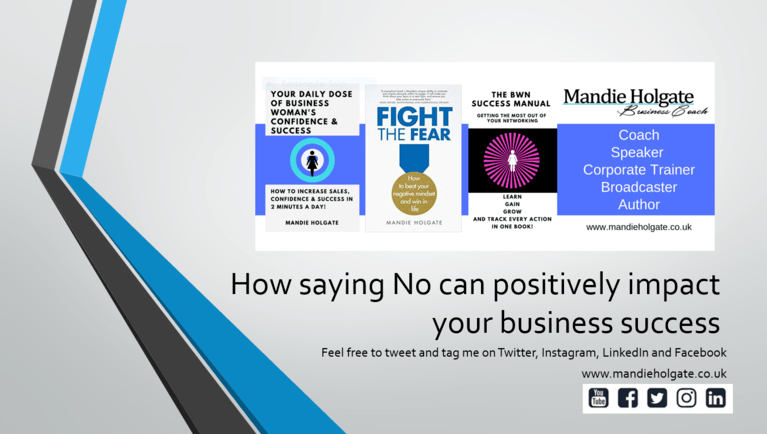How to break down the barriers to lasting change for any team
Every business needs everyone that works for it to behave and act in a certain way. This becomes a problem when team members feel like change is being forced upon them for the sake of change.
And like the proverbial teenager in my experience the more you try to enforce best practices the more you can face individuals who seem to be deliberately fighting you.
Listen
Before you can educate someone on why something needs to be like this, or that this system is coming into place or this is changing to that, you need to listen. If you don’t listen then people can feel disengaged, unappreciated and out of touch with the company. This leads to reduced productivity, grape vine gossip, stress, absenteeism, a lack of creativity and all of that impacts on the companies results. Ask open ended questions with no agenda and really listen.
Communication Policies.
It is amazing how many companies I’ve coached this year that didn’t have a communication policy. And yet as we work together I often hear;
- I didn’t know you did that.
- I didn’t know you read every email I sent.
- I didn’t know I could do that!
- I didn’t know it was okay to ask that.
The list is long and all adds up to a team not knowing the company’s natural style of communication. If you have an open-door policy – write it down – communicate it.
If you have reports that make your day long on the last Friday of every month – ask for some space – write it down – communicate it.
Teams work very well together when they understand each other and knowing how and when to communicate and what it is safe to say are imperative.
Educate
Employers and leaders often tell me “they’ve had training” however when we work together often as a team, I hear things like;
- I hate training online – I can’t keep up.
- I know I had training on this, so I didn’t like to say anything.
- I can’t go to the IT team and ask for help – that’s not their job.
It is related to communication but enabling people to explore how they learn naturally and what stands in their way reduces obstacles and negativity towards change.
Fear
One of the biggest things that stop people from doing something new or different is fear;
- What if I can’t do it.
- What if I don’t get it as fast as everyone else.
- I don’t understand this, I can’t tell anyone, I will look like an idiot.
- I’m the manager I can hardly ask my staff for help!
- If we change then I’m out of a job!
- The old way worked better!
- It’s so complicated!
Look for the statements that sound final, they will give you clues on how your team feel about the change you wish to implement. Don’t dismiss silly minor issues. They usually hide the big issue that stops someone from adjusting. I’ve seen it thousands and thousands of times. When a person feels listened to and respected and feel safe with no judgement – wow it can be powerful and not just for the individual.
Out dated beliefs
Trying to change an outdated belief is not going to work by telling them they have to.
After listening, educating and breaking down fears you need to find out what that person actually believes. Interestingly if someone feels part of the process, if they feel like they know the companies mission, vision and goals they are far more likely to get involved.
So fighting an outdated mindset won’t work. Coaching will. It enables the individual to take ownership for their way of thinking and the impact that it has on their actions and results. This leads to a change in perspective and that is where the power is. You can’t change something you can’t see.
Expectations.
Ultimately everyone has to get on board. Ensure everyone knows what is expected of them.
- Yes, we want to help you move forward and yes we will help you break down the barriers to achieving this however when do you feel this will be achievable by?
- How will you measure results?
- How will you further their support if they get stuck or bogged down?
Knowing this before change is implemented can make a massive difference.
And lastly don’t tell people they need to change.
People don’t like change; they like to feel safe and know what is going to happen. Change has a lot of meanings to people and assuming they are good meanings is dangerous. Use phrases like “We need to look at ways to move forward” this is far less scary, since most of us can put one foot in front of the other. And ultimately as coaching teaches us, everyone moves forward at different speeds – no one speed is correct.
We are all unique and so is our ability to adapt. These tips should help you help your team too and that can have a far reaching positive impact on your companies success. I’ve seen it lead to reduced costs, increased staff morale and happiness, new initiatives, new direction, less stress, reaching every KPI and so much more. Let me know how you get on.
For more ideas and coaching tips that work, get in touch. Mandie@mandieholgate.co.uk 01206 381482






